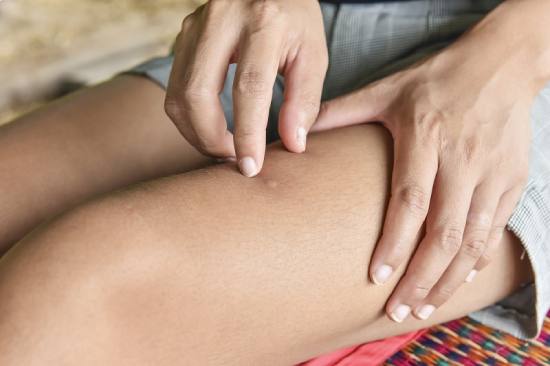
You’ve probably heard the old joke about Michigan’s state bird being the mosquito. We all know how annoying the bugs can be, but can they spread the coronavirus?
McLaren Greater Lansing has that answer, along with the facts about some common myths going around about the coronavirus this summer.
Can the virus be spread through pools?
The Centers for Disease Control and Prevention says there is no evidence the virus spreads in places like swimming pools and hot tubs.
That doesn’t mean you shouldn’t be careful, though. Follow your local guidelines for using public spaces and be sure to stay at least six feet apart from others. If you’re closer than six feet, you’re at risk of breathing in droplets released when someone coughs, sneezes, or talks. You should also keep a cloth mask on when you’re not in the water.
What about spreading through drinking water?
Drinking water is also safe. According to the CDC, the virus hasn’t been detected in drinking water. Plus, federal regulations require public water providers to have measures in place to kill any viruses before water goes to your home.
Can coronavirus spread through food?
Through the food itself? No. Through the handling and serving of food? Yes.
The Food and Drug Administration says there’s no evidence that the virus can be spread through food or food packaging. What you do need to be concerned about is sharing space with someone while you prepare food or touching utensils or serving spoons that others are also using.
Can you be infected with the coronavirus from a mosquito bite?
Thankfully, no. According to the World Health Organization, mosquitoes cannot transmit the coronavirus. Similarly, rumors about houseflies and ticks being able to transmit the coronavirus are also untrue, according to the WHO.
When it comes to mosquitoes, you’re not out of the woods for other transmissible diseases, so it’s still best to steer clear of them as much as possible.
Do you have more questions? Click here for more of the latest information from McLaren on the coronavirus and ways to stay safe.
References:
https://www.who.int/emergencies/diseases/novel-coronavirus-2019/advice-for-public/myth-busters
https://www.cdc.gov/coronavirus/2019-ncov/faq.html